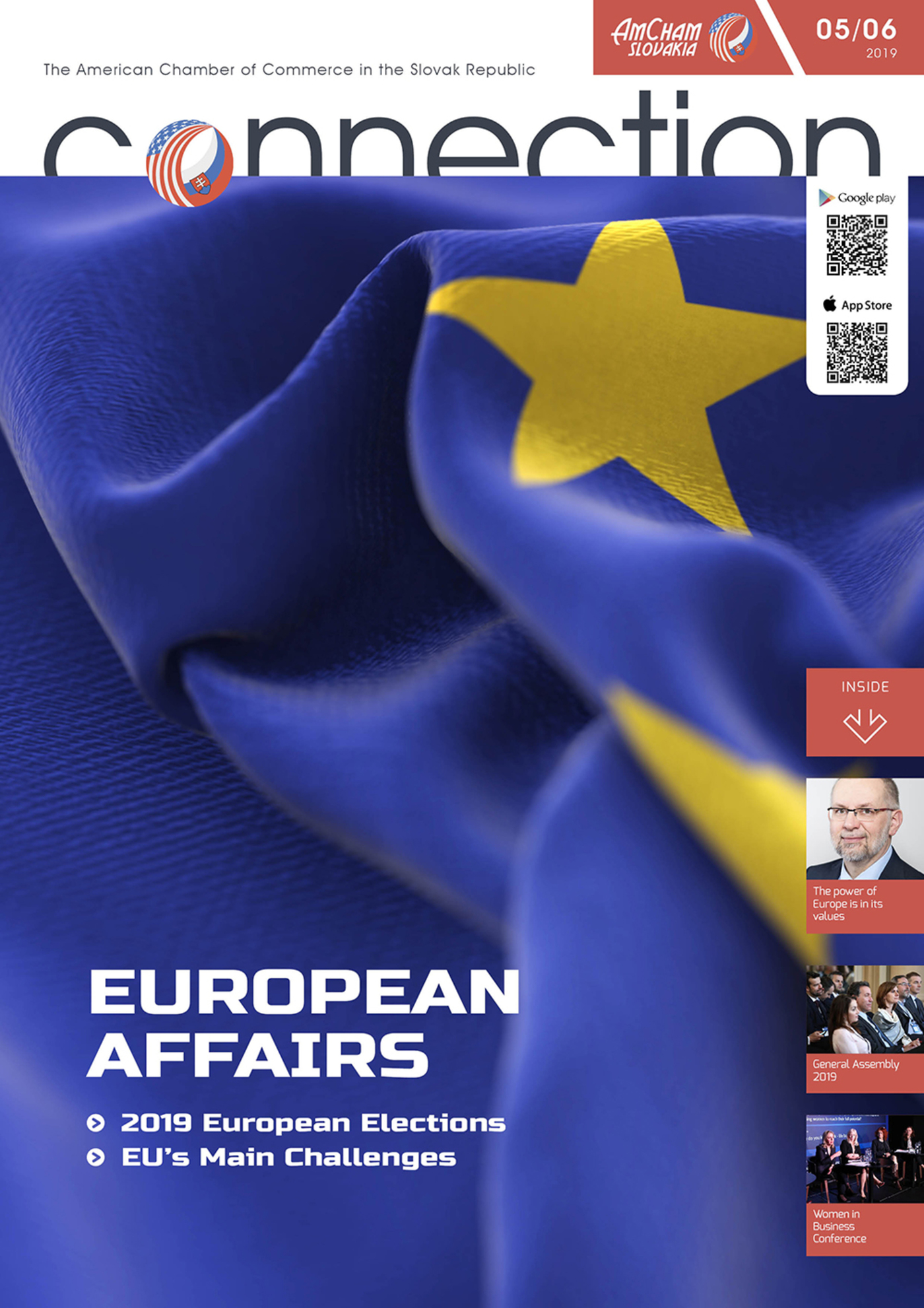
Download PDF
- European Parliament elections often not a priority for parties
- From farm to fork: Future outlook for the EU agri-food sector
- Slovakia needs crucial reforms to enhance R&D
- Too much freedom can reduce competitiveness
- Slovakia through the European lenses
- EP Elections 2019: More Eurosceptic parties to get more seats
- EU takes timid steps toward a circular economy
- The power of Europe is in its values
European Affairs
European Parliament elections often not a priority for parties
In the last European Parliament elections, Slovakia had the lowest voter turnout of all European countries: only 13 percent. Ahead of the elections on May 25, the European Parliament has launched a campaign to get more voters to cast ballots.
From farm to fork: Future outlook for the EU agri-food sector
The agri-food environment has been a vital pillar of the EU economic and social development. A changing world impacts global food systems through major trends such as population growth, well-being or environment sustainability. Brussels is naturally not immune to these challenges, so what kind of response may we expect from the EU?
Slovakia needs crucial reforms to enhance R&D
Although the government declares support of research and development, many of the approved measures are not being effective. In the European Union, Slovakia is one of the leaders in formally introducing new reforms; however their quality and particularly their implementation utterly lag behind.
Too much freedom can reduce competitiveness
The EU´s vision of being the most competitive economy remains just a vision, despite the number of strategies issued, conferences organized, and summits held.
Slovakia through the European lenses
With the current EU budgeting period ending next year, the priorities of the upcoming budgeting period define EU’s trajectory for the near future. In this context, the 2019 edition of European Commission’s Country Report on Slovakia is of crucial importance as it points out areas where Slovakia lags behind as well as the potential overlaps with the budget’s priorities. Lívia Vašáková, Head of Economic Analyses Section-representation of the European Commission, told us more about the report and its implications.
EP Elections 2019: More Eurosceptic parties to get more seats
The upcoming European Parliament elections will decide over the future shape of the EU. As the traditional coalition of EPP and S&D is declining, alliance with smaller parties will be necessary in order to maintain a majority. On the other side, Eurosceptic parties are unifying to form a counter-weight.
EU takes timid steps toward a circular economy
Circular economy represents one of the biggest challenges for the European Union. For its economy, this may be the chance to move forward to high-tech manufacturing by cutting unwanted externalities. However, the European Union’s Circular Economy Action Plan is ambitious and, so far, its implementation is circuitous.
The power of Europe is in its values
When responding to surveys on how Slovak citizens perceive the European
Union, they talk about it primarily as a modern and democratic
institution that brings them peace, opportunities to travel, study and
common currency. More than three quarters of Slovaks consider themselves
EU citizens and the level of confidence in European institutions has
significantly surpassed the national ones. At the same time, 65 % of
citizens are optimistic about the future of the EU.

Follow us